4 Learning Theories Every Online Educator Should Know
LearnDash
FEBRUARY 2, 2021
They usually view themselves as subject matter experts —they know their area very well, and are starting an online course to share their expertise with others who are interested in learning it. Behaviorism could be applied to: Habit forming: Getting up early, exercising, avoiding certain foods. Let’s look at what they are.

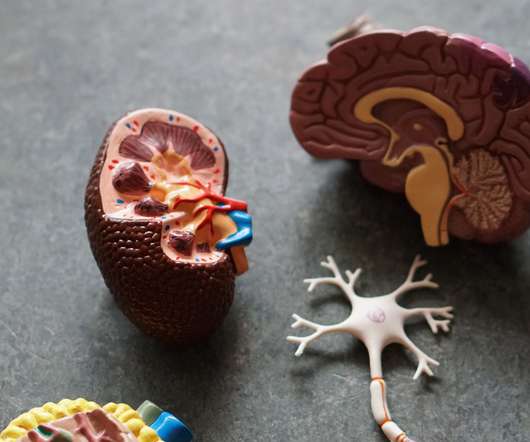
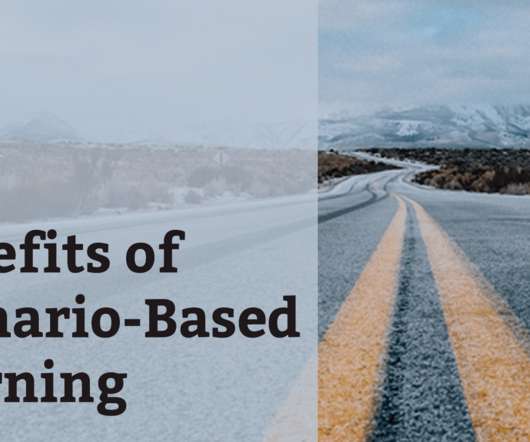










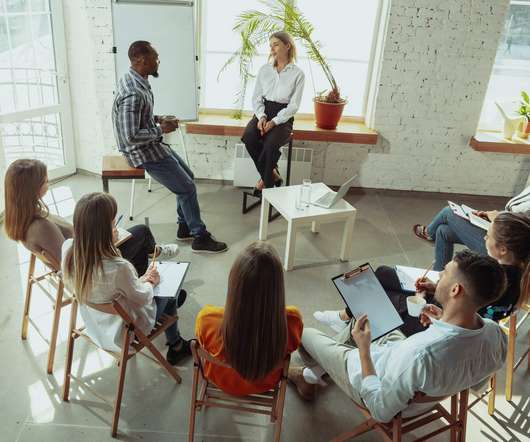

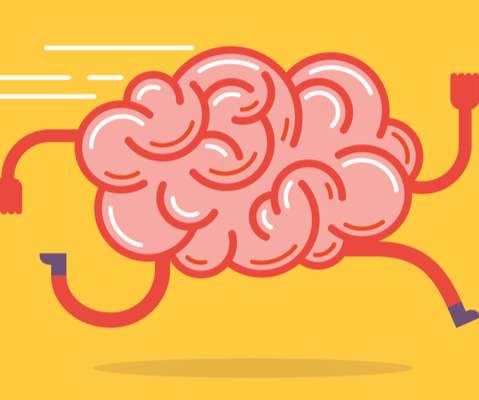




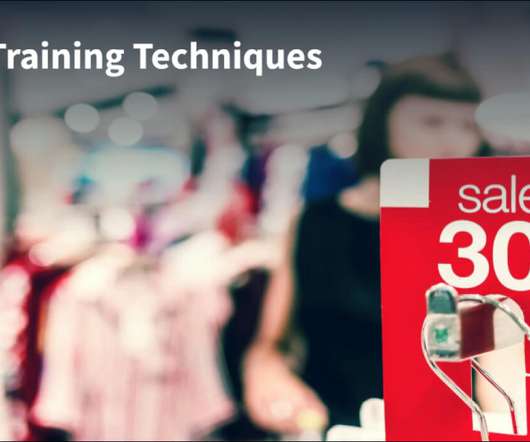















Let's personalize your content